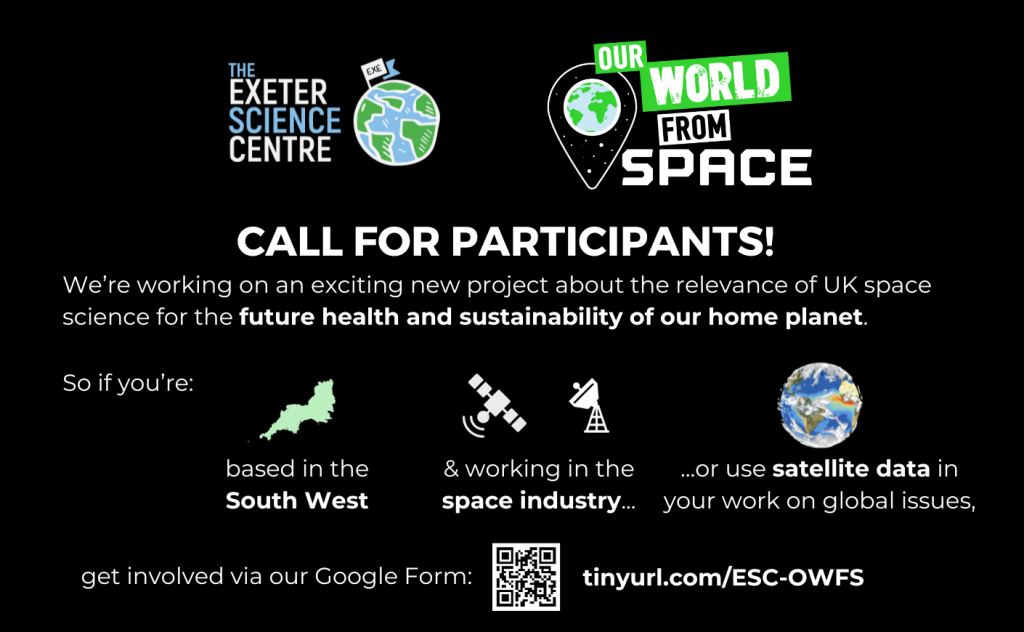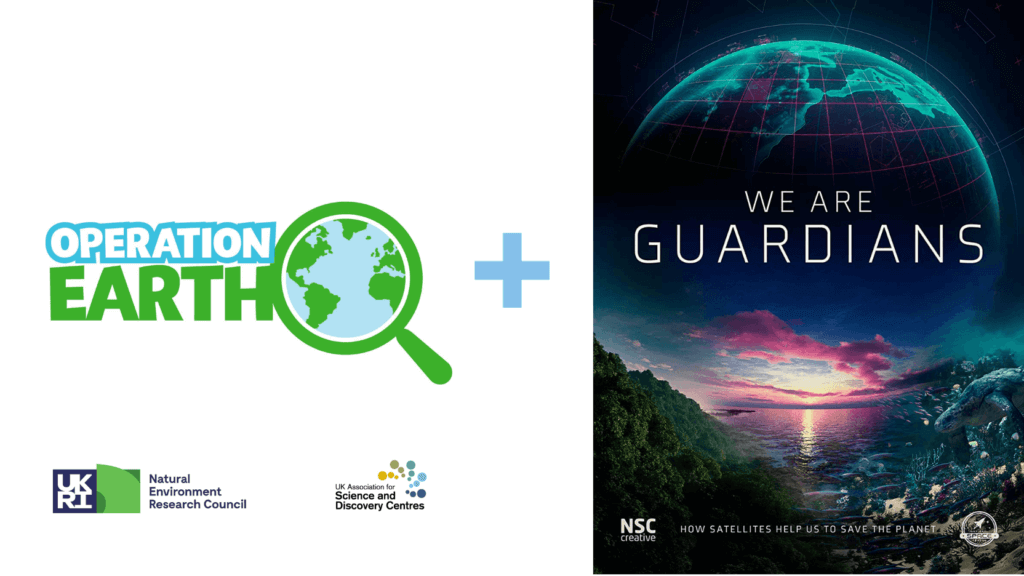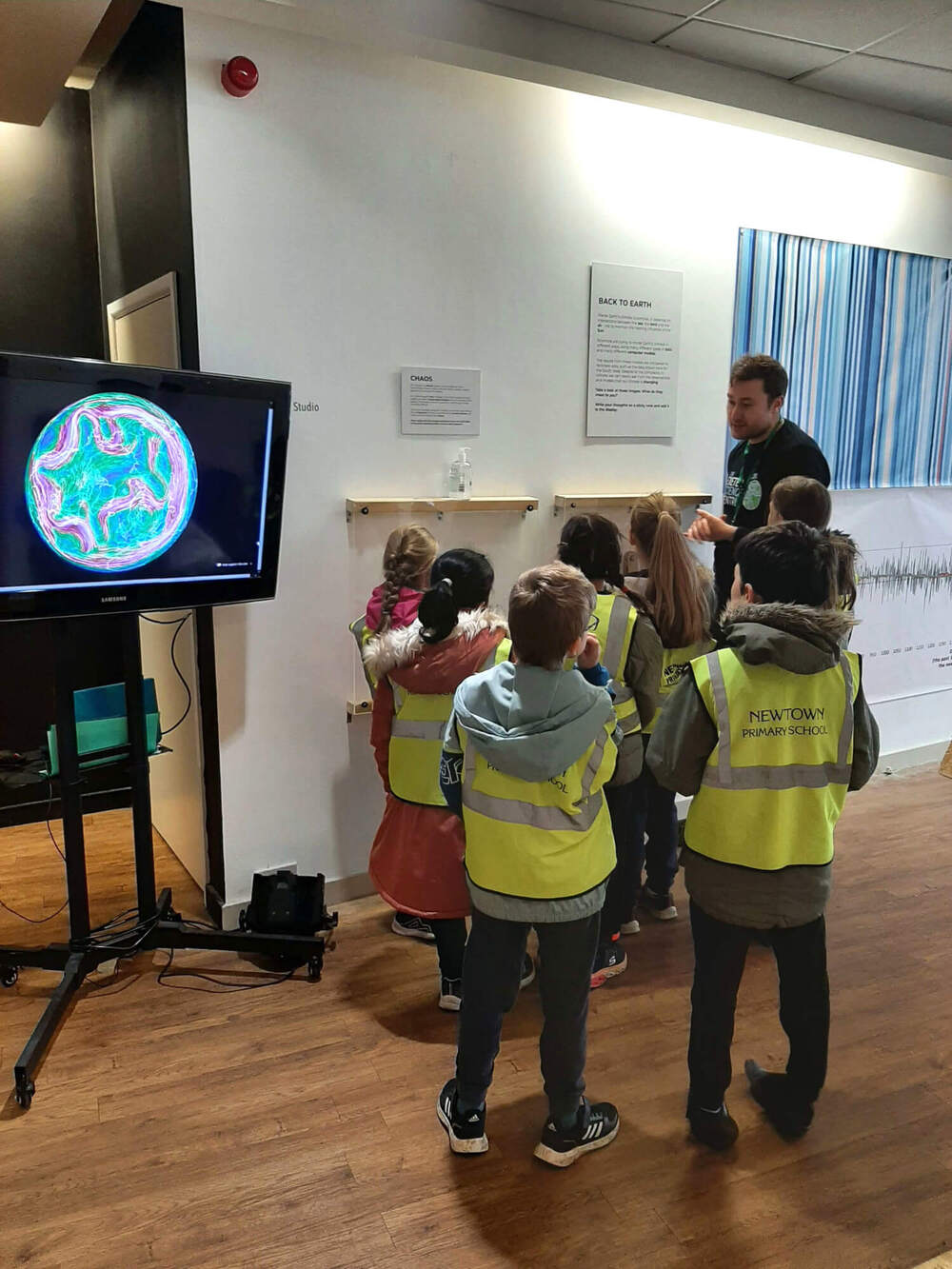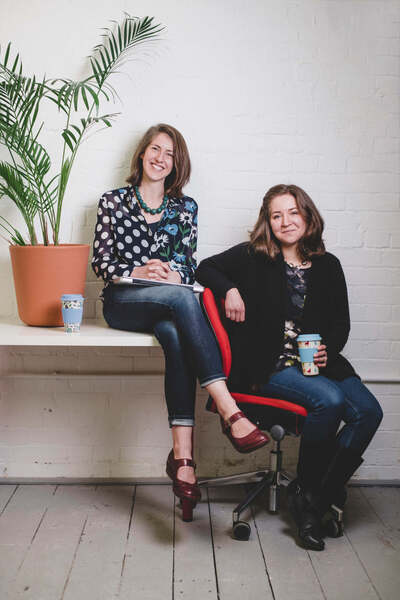News
Page
ESC announces its first patron!
30th November 2023

Image credit: © Guy Reece
We are absolutely delighted to announce that George Monbiot — author, broadcaster and academic — is now Exeter Science Centre’s patron.
We greatly admire his drive to encourage people to work towards a positive future; this really resonates with our mission, and we build this into everything we do.
George’s far-reaching career has had a strong thread of science running through it, starting from his degree in Zoology from the University of Oxford and his time producing environmental radio programmes in the BBC Natural History Unit.
More recently, George helped to found the charity Rewilding Britain, he is an honorary fellow at Wolfson College at the University of Oxford, he is on the board of EAT, the scientific forum that seeks ways of transforming the global food system, and has written many books and articles, and produced TED Talks, films and videos relating to the science of global issues (amongst many other topics), particularly climate change, rewilding and food systems. His latest book, ‘Regenesis: Feeding the World Without Devouring the Planet’ draws on astonishing advances in soil ecology to explore pioneering ways to grow more food with less farming.
George has received many accolades for his work including the UN Global 500 for outstanding environmental achievement in 1995, and the Orwell Prize for Journalism in 2022.
We are hugely inspired by George’s work, and his tireless efforts to highlight global issues and help people to understand, care about and work towards tackling them. We are incredibly grateful for his support.
RI Christmas Lectures Livestream 2023
11th September 2023
Update: Unfortunately due to the sad closure of Maketank on Paris Street, plus the lack of funds for a suitable venue and our current limited time resources, we will no longer be running a livestreaming event for the RI Christmas Lectures in 2023. However, we hope to do so next year: stay tuned!
Other venues in the South West include the University of Plymouth, keep an eye on the RI webpage for more details! As usual, you can also watch the lectures when they’re broadcast on TV over the Christmas period.
This year’s lecturer, Prof Mike Wooldridge from the University of Oxford, will be speaking on “The Truth About AI” – this is such an important topic, and we had really interesting discussions with two local experts AI and ChatGPT recently – check those out below:
Exeter Science Centre and University of Exeter Sign Memorandum of Understanding
5th July 2023
We are delighted to have signed a Memorandum of Understanding (MOU) with the University of Exeter, to further our shared ambitions to make a difference in Exeter and the wider region.
We have worked with the University of Exeter in many of our projects and events, and are grateful for the support of the academic staff on our trustee board. We are thrilled to formalise this partnership and support each other’s goals to create a positive future through education and bridging the gap between research, industry and the public.
As part of this partnership, the Deputy Vice Chancellor for Business Engagement and Innovation, Stuart Brocklehurst, will Chair our new Strategic Advisory Board, which has a particular focus on creating the science centre building as well as guiding our organisation’s overall trajectory.
Read this full news story on the University of Exeter News page, and stay tuned for more details on the Strategic Advisory Board!
ESC joins the ‘Our World from Space’ programme!
15th June 2023

We’re delighted to have been selected as one of 22 science centres across the UK to join the Our World from Space programme! Our programme will commence in November, following on from our Operation Earth + We Are Guardians tour. If you’re a South-West based researcher or industry professional working with satellite data / in the space industry, check out our call for participants below!
This exciting 2-year national programme, created and developed by the Association for Science and Discovery Centres (ASDC) and a specialist project team, will be exploring the relevance of UK space science for the future health and sustainability of our home planet. ‘Our World From Space’ leverages current learning and connections from two previous ASDC science engagement programmes, Destination Space and Operation Earth, with new content and hands-on activities for the regional science centres and museums to deliver.
We will be running a variety of interactive events across the South West in our signature “pop-up” format. From November 2023-2024, we will be reaching young people, families and the wider public by running workshops and events in schools, community hubs, museums, libraries and festivals, with a particular focus on disadvantaged communities.
Find out more and discover the science centres and museums running the ‘Our World From Space’ programme on the ASDC website. ‘Our World From Space’ is funded by UK Space Agency in partnership with Natural Environment Research Council (NERC), part of UK Research and Innovation.
Check out our project resources and updates on the Our World From Space project page.
South West Research + Industry: call for participants
We have a call-out for South West-based researchers and industry professionals to take part: either by sharing their work, volunteering to engage with the public at their events, or both!

Get involved:
Please fill in this Google form and share with your contacts! We have a few months left of funding on the project, and hope to carry out a few more public events in this time.
If you have any opportunities to run citizen science projects, or have funding that could contribute to this work, we would love to hear from you – we are currently fundraising to make this a really significant project and reach thousands of people in the region, any additional funding through research grants or otherwise would be gratefully received.
Operation Earth + We Are Guardians Tour
31st May 2023

We are delighted to have the opportunity to tour an environment-themed science show, hands-on activities and VR experience to schools and community events this year! This programme has been generously funded by the Adrian Swire Charitable Trust, we’re so grateful for their support.
This tour combines two programmes of work, aimed at children and their families, that we have previously trialled through pop-up events:
- The award-winning We Are Guardians film developed by NSC Creative, that we are working with The Virtual Reality Visitor Experience to show in VR headsets.
- Our existing Operation Earth programme: a fantastic set of resources and kit developed by the Natural Environment Research Council and the Association for Science and Discovery Centres.
Through this project, we’re highlighting how we study and understand the natural environment, and our role in protecting and regenerating it. We’ll be delivering these events with some of our amazing volunteers who are local experts working and studying in the natural sciences field.
We’re excited to get started – check out our events page for upcoming public events, all of which will be free to attend!
Joining the Positive Tipping Points Community of Practice
20th March 2023
We’re delighted to have been accepted into the Positive Tipping Points Community of Practice run by the University of Exeter’s Green Futures Network. Alongside 15 other individuals and organisations across the world, we’ve joined this group to learn and share ideas on how to put the Positive Tipping Points Framework into practice.
What are Positive Tipping Points, we hear you cry? The climate is a complicated system and sometimes very sensitive to small changes. A little nudge in the right direction could lead to a really big positive difference. These nudges could be anything from more people using electric cars to the regeneration of tropical rainforests. Small acts can collectively make a big difference. Here’s scientist Prof. Tim Lenton from the University of Exeter describing it in a bit more detail.
Climate exhibition update – in collaboration with our communities
13th February 2023

We’re really excited to have received a grant from the Science and Technology Facilities Council to repeat and improve on our successful exhibition that we delivered in March 2022, all about climate: on Earth, and other planets.
You can find out more on the event webpage here!
The exhibition will be repeated from 6th-10th September 2023 during the British Science Festival in Exeter! As part of this funding we have taken on our first employee Ross Castle to lead on the community engagement and resulting re-design of the exhibition. Ross was an incredibly committed volunteer during our first exhibition and is using the next few months to meet with a wide range of people from our local community who will all help to improve and steer the new exhibition. We’re really excited to find out what matters to local people and how to help make climate science more relevant and accessible. You can check out the virtual tour of our previous exhibition here.

ESC Joins the Mindsets + Missions Cohort
10th February 2023

We are thrilled to join the Mindsets + Missions cohort, as part of 45 UK organisations and individuals, with the aim of engaging underrepresented groups with knowledge, research and innovation.
The programme has emerged from a significant amount of work to understand the role of museums and science centres in a future society; we’re especially inspired by the Science and Discovery Centre Futures: Missions and Opportunities report and the Mindsets for Museums of the Future report.
This programme will help science and discovery centres and museums to reach new audiences, and enable “future citizens” from diverse backgrounds to contribute to making a positive future. This strongly aligns with our ambitions! In our application to the programme, we summarised our thoughts on our vision for future citizens, and the role of research, knowledge and innovation in supporting future citizens.
Click here to see what we said in our application.
We want a future citizen to be informed, inspired and empowered to help make the kind of fair and sustainable society we all want to live in. We hope they will have an awareness and understanding of global issues, and feel they have a role to play in tackling these issues both locally and globally, in the work they do and the way they live their lives.
We see research, knowledge and innovation (RK&I) as providing hope, motivation and opportunities to future citizens. RK&I have an important role in understanding and finding solutions to global issues, and we feel that if the public is better connected to this process, we can work together to enact the changes we need in society to tackle these issues. We see the important role of science centres and other cultural organisations as the bridge between researchers, industry professionals and the public, to facilitate this interaction.
We strongly believe that involving the public meaningfully with RK&I, through these bridging organisations, is the way to enable and get the support from future citizens and hence create a better society: which is why our entire (charitable) business model is based on this approach.
More details on the programme can be found on the Association for Science and Discovery Centres website (of which we’re an active member). Stay tuned for updates as we take part in the programme!
Mindsets + Missions is funded by UK Research and Innovation in partnership with the Arts and Humanities Research Council, and delivered by Museums Association, The Liminal Space and the Association for Science and Discovery Centres.

First Exeter Science Centre Pop-Up!
26th April 2022
Exeter Science Centre’s first ever pop-up exhibition, “Breaking the Ice” was a great success! We welcomed more than 1200 visitors over two weekends and had over 30 volunteers supporting us! Thank you so much to everyone that visited.
For two long weekends in British Science Week (March) 2022, we showcased an amazing exhibition in Maketank in Exeter, for people of all ages to meet the local scientists involved in some inspiring research, and get involved with our plans to make a STEAMM discovery centre in the city.
The exhibition was centred around climate modelling – which not only helps us to understand our own climate and how it is changing, but also the climates on other planets! With funding from the Science and Technology Facilities Council (STFC), we created the exhibition in collaboration with artists, astrophysicists and climate scientists at the University of Exeter and the Met Office, and with Space Youth Services.
Exeter is home to the largest number of meteorologists and climate change specialists in the UK, along with a world-leading astrophysics research department in exoplanet climates.
Through hands-on activities, out-of-this-world VR experiences, and chats with the exhibition Mediators, we took our visitors on a journey to explore current research into planetary climates, and to see how it fits into the bigger picture here on Earth.
Throughout the exhibition, we wanted to understand our visitors’ feelings about this pale blue dot called Earth. What makes it special? How can we better protect its inhabitants? As part of the event, we also launched our public consultation for the Exeter Science Centre building! We were delighted to read all the ideas and feedback displayed on our tree of ideas – and we’ll summarise these in our upcoming report.
To find out more about the exhibition, check out the resource page here.
Natalie and Alice in the February EXIST Insight Issue
4th February 2022
Natalie and Alice have been featured in the February 2022 edition of Insight, a digital programme showcasing the leaders at the heart of Exeter’s STEMM community, produced by the Exeter Initiative for Science & Technology (EXIST).
The interview covers the story so far and Exeter Science Centre’s plans for the future. According to the Chair of EXIST, Conrad Gillespie: “The STEAMM partners’ passion for their new venture shines through in this interview and is a great read.”.
Check it out here: https://exeterchamber.co.uk/blog/2022/02/01/exist-insight-digital-edition-issue-2/

Page

